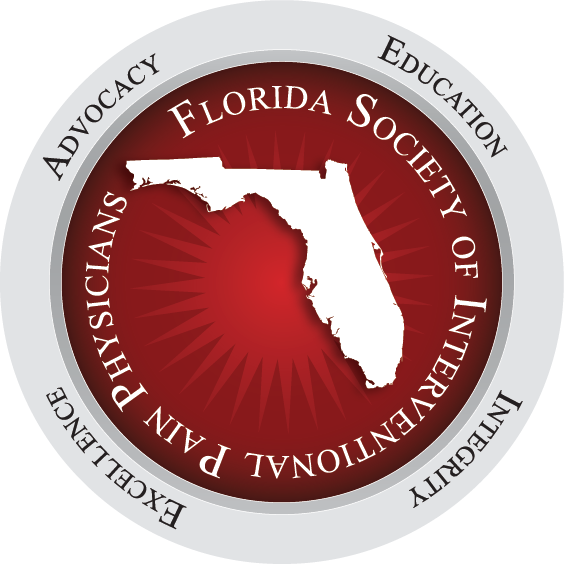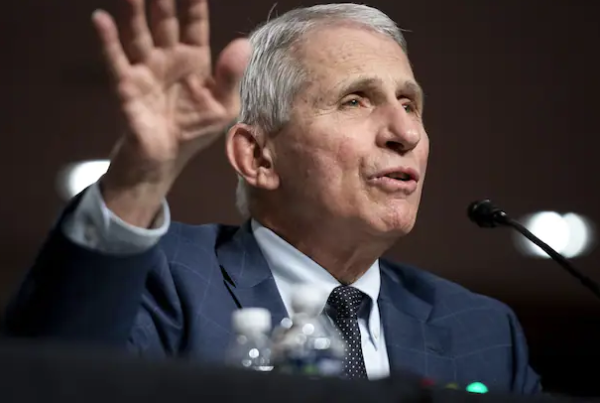Vaccine hesitancy remains a major challenge during the COVID-19 pandemic. Existing hesitancy toward routine immunizations is compounded by skepticism regarding the pace of research, development, and testing for the novel SARS-CoV-2 vaccines as well as apathy and concerns regarding inequitable access. In an effort to combat vaccine hesitancy in the US, the White House is reportedly implementing a nationwide public relations campaign with the hope of influencing both those who are opposed to SARS-CoV-2 vaccination and those who remain uncertain whether they should get vaccinated. Beyond outreach and education efforts by national, state, and local governments and community organizations, social media platforms also are beginning to recognize their role in combating vaccine hesitancy. On March 15, Facebook announced plans for a global campaign to support SARS-CoV-2 vaccination. The company will now add labels and links to official information (eg, from the WHO) on Facebook and Instagram posts discussing SARS-CoV-2 vaccination. In addition to providing updated, factual information about the vaccines, Facebook’s Covid Information Center will add a tool to help individuals schedule vaccination appointments. Facebook also is partnering with national governments to support communication efforts via WhatsApp, including official notifications to inform individuals they are eligible to schedule vaccination appointments. Facebook is also conducting internal research on the spread of vaccine hesitancy and misinformation via its various social media platforms. The research includes an examination of both vaccine hesitancy-related content as well as the social networks through which misinformation spreads. Preliminary analysis found that only a small portion of the users and networks on Facebook platforms engage in the majority of vaccine hesitancy content. In fact, 10 of 638 “population segments” analyzed contained half of all vaccine hesitancy content, and in the most prominent segment, only 111 users were responsible for half of the vaccine hesitancy content—out of more than 3 billion users worldwide. In partnership with Carnegie Mellon University and the University of Maryland, Facebook is providing data and analysis of SARS-CoV-2 vaccine hesitancy trends that can support government efforts to implement effective outreach campaigns.
Moderna has begun studying its Covid-19 vaccine in children aged 6 months to 11 years in the US and Canada. The company reported that the first children have received doses in the study, which Moderna is conducting in collaboration with the National Institute of Allergy and Infectious Diseases and a division of the Department of Health and Human Services.
CSSE is reporting 29,534,162 positive cases in the U.S. and 536,622 deaths. DOH reported 1,984,425 confirmed cases in Florida yesturday, with 32,449 deaths.



